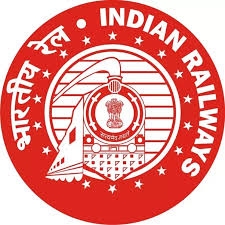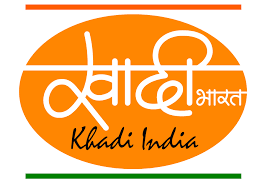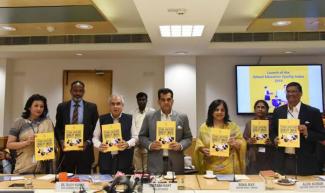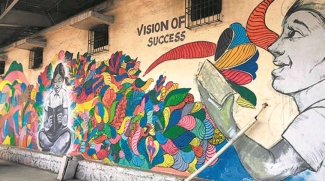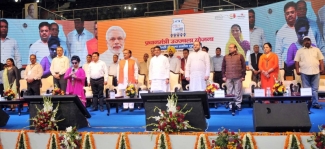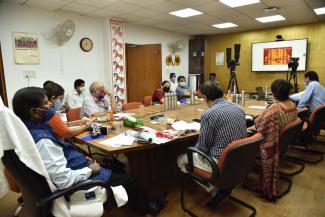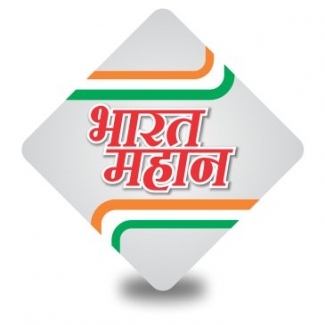
The National Council for Educational Research and Training (NCERT) conducts periodic national surveys to assess learning achievement of children in Classes – III, V, VIII and X. The National Achievement Survey (NAS) 2017 was held on 13th November for assessing the competencies developed by the children at the grade levels III, V and VIII from across 701 districts covering all the 36 States and UTs and covered 22 lakh students from 1.10 lakh schools. NAS (2017) was administered with districts as the unit of reporting in different subject areas such as languages, mathematics, EVS/Science and Social Sciences in the Government and Government aided schools. The competency based test was based on the Learning Outcomes which were incorporated in the Central Rules for RTE Act by the Government of India. NAS for students of class X was held on 5th Feb, 2018 with a district level sampling framework covering nearly 15.5 lakh students using multiple test booklets in Mathematics, Modern Indian Languages, English, Sciences and Social Sciences. District report cards for NAS have been shared with the States and UTs to help identify gaps and devise strategies for further improvement.
The Central Government has taken several initiatives to improve the quality of education in Government schools which are as follows:
- In order to focus on ensuring competencies, the Central rules to the Right of Children to Free and Compulsory Education (RTE) Act, 2009 have been amended to include reference on class-wise, subject-wise Learning Outcomes, which have, accordingly, been finalized and shared with all States and UTs.
- Under Samagra Shiksha, funds are given to all States and UTs for strengthening of infrastructure and provision of other facilities in schools to ensure that all schools meet the prescribed norms, besides other interventions to improve the quality of education such as training of in-service teachers, headmasters and principals, remedial teaching for academically weaker students, provision of library grants to schools, ICT and digital initiatives, strengthening of teacher education institutions, Rashtriya Avishkar Abhiyan, Padhe Bharat Badhe Bharat, etc.
- The online D.El.Ed. course was started from 3rd October, 2017 and 9,58,513 teachers have successfully completed the training.
- Regulations for a four year B.Ed integrated course, to bring about qualitative improvement in teacher education, have been published in official gazette on 29th March, 2019 and applications have been invited w.e.f. 3rd June, 2019.
- It has been decided to participate in the Programme for International Students Assessment (PISA) to be conducted by the Organization for Economic Cooperation and Development (OECD) in 2021, which is a competency based assessment.
- Approval has been given for conducting a Census based audit called Shagunotsav of all government and government aided schools in all States and UTs.
- MHRD has designed a 70 indicators based matrix called Performance Grading Index (PGI) to grade the States/UTs.
- In 2019-20, approval has been given for an Integrated Teacher Training Programme to train 42 lakh teachers, and other functionaries to make classrooms learner-friendly and improving children’s competencies including critical thinking, problem solving, creativity, as well as social-personal qualities such as cooperation, team work etc.
- In 2019-20 approval has been given for a competency based School Based Assessment (SBA) at the elementary level.
The information was given by the Union Minister for Human Resource Development, Dr. Ramesh Pokhriyal ‘Nishank’ in a written reply in the Lok Sabha on Monday.






